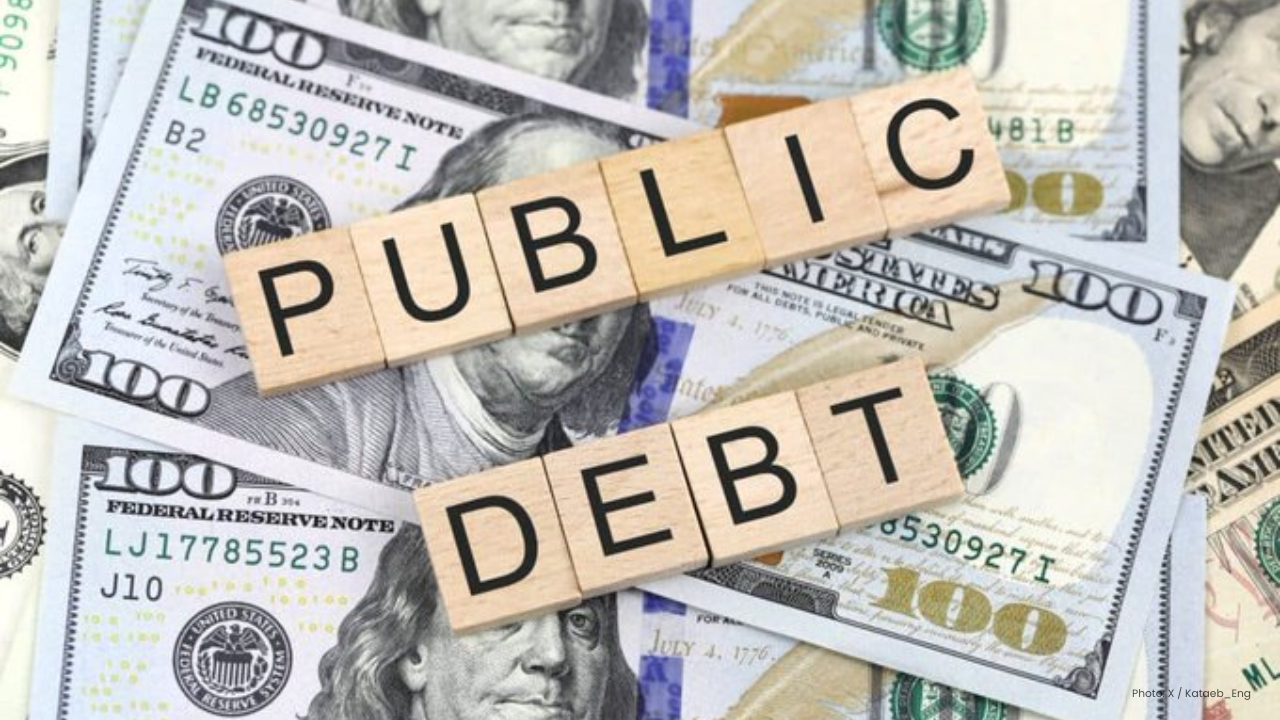
Post by : Naveen Mittal
Lebanon, a country already trapped in one of the world’s worst financial crises, is once again at the center of attention in global markets. Its distressed international bonds, which had collapsed to just 6 cents on the dollar last year, have now climbed to around 24 cents.
This sudden rise reflects renewed hope that the country’s leaders will finally push forward with reforms and secure vital financial aid. But behind this optimism, big uncertainties remain. The most important question is: how much money will Lebanon actually be able to pay back to its bondholders after restructuring its massive debt?
Lebanon defaulted on its $31 billion international bonds in March 2020. This was the first time in its history that it failed to pay back its debts. The default set off a chain reaction that devastated the economy:
Local banks, once seen as stable, collapsed under the weight of bad loans.
The Lebanese pound lost more than 99% of its value against the dollar.
Families saw their savings vanish, as bank deposits became worthless.
Prices of food, medicine, and basic needs skyrocketed, forcing millions into poverty.
For years, the country was stuck in political paralysis. Leaders were unable to form a stable government or pass the reforms needed to unlock help from international institutions such as the International Monetary Fund (IMF).
In February this year, Lebanon finally formed a new government. This raised investor hopes that reforms would move forward. The election of a new president in January also signaled a fresh start after more than two years of deadlock.
Following these developments, Lebanese bonds rose sharply. From their rock-bottom level of 6 cents last year, they jumped to around 24 cents. For investors, this was a sign that the country might finally be moving toward recovery and could eventually repay a portion of its debts.
But experts warn: the rally may be moving too fast compared to the reality on the ground.
The future of Lebanon’s bonds depends on a number called the “recovery value.” This is the amount investors will receive after debt restructuring. Since Lebanon cannot pay all its debts, creditors must accept losses, known as “haircuts.”
For example, if a bond is worth $100, and the recovery value is 30 cents, investors will get $30 for every $100 they are owed.
At present, analysts estimate Lebanon’s recovery value could range widely between 20 cents and 40 cents on the dollar. Some optimistic scenarios even see higher values, while more pessimistic ones warn of much lower returns if Lebanon fails to secure an IMF deal.
The IMF has been negotiating with Lebanon for years. In June, the IMF said progress had been made toward a lending program. An IMF team is expected to visit Beirut soon to continue talks.
If Lebanon secures a deal, it will unlock billions in international support, giving the country much-needed funds to rebuild infrastructure, stabilize the currency, and restore trust.
But if talks stall, the bonds could collapse again. Without IMF help, Lebanon’s financial system will remain too weak to pay bondholders.
Another major issue is the “financial gap.” This term refers to the difference between what Lebanon’s banks owe (their liabilities) and what they actually own (their assets).
Most of Lebanon’s banks are bankrupt. They lent huge amounts of money to the government and the central bank, both of which are now unable to pay them back.
Two years ago, the IMF estimated that the central bank alone could have negative equity of about $60 billion. Newer calculations suggest the figure may be closer to $48 billion, but it remains enormous.
Until lawmakers pass a law deciding how much of these losses will be carried by banks, depositors, and the government, no one can know the true recovery value of Lebanon’s bonds.
Despite the challenges, some positive steps have been taken:
A banking sector restructuring law was passed in July.
A new president was elected in January.
A government was formed in February after years of paralysis.
These actions signal movement in the right direction. Economists say they could attract foreign investors and donors if followed by further reforms.
Not everyone is convinced that Lebanon’s bond rally will last. Experts point out several risks:
Global Interest Rates – Higher global rates make it harder for Lebanon to borrow and restructure debt.
Political Delays – Major decisions, especially on bank losses, may not be taken until after the next elections in May 2026.
Past Due Interest – Lebanon owes around $14.3 billion in unpaid interest. How this will be treated in restructuring remains unclear.
Uncertain IMF Deal – Without IMF approval, all progress could stall.
Despite the dangers, Lebanon’s bonds remain attractive to some investors. Compared to other distressed countries like Ukraine or Argentina, Lebanon’s bonds are still considered cheap. Some believe they offer the chance of large profits if reforms succeed.
As one economist put it, “There are few good distressed opportunities in emerging markets right now. That’s why people are willing to take the risk with Lebanon.”
Lebanon’s road to recovery is long and uncertain. To restore its economy, the government must:
Finalize an IMF deal.
Decide how to share the banking sector losses.
Restructure its $31 billion international debt.
Rebuild trust in local banks.
Stabilize its currency and bring inflation under control.
For ordinary Lebanese citizens, these financial terms translate into real life struggles — jobs, savings, food prices, and hope for stability. While bond prices may excite investors abroad, people inside Lebanon are still waiting for relief from years of hardship.
#lebanon #economiccrisis #globalfinance #debtcrisis #bondmarkets #imf #middleeast #financialreform #bankingcrisis #emergingmarkets


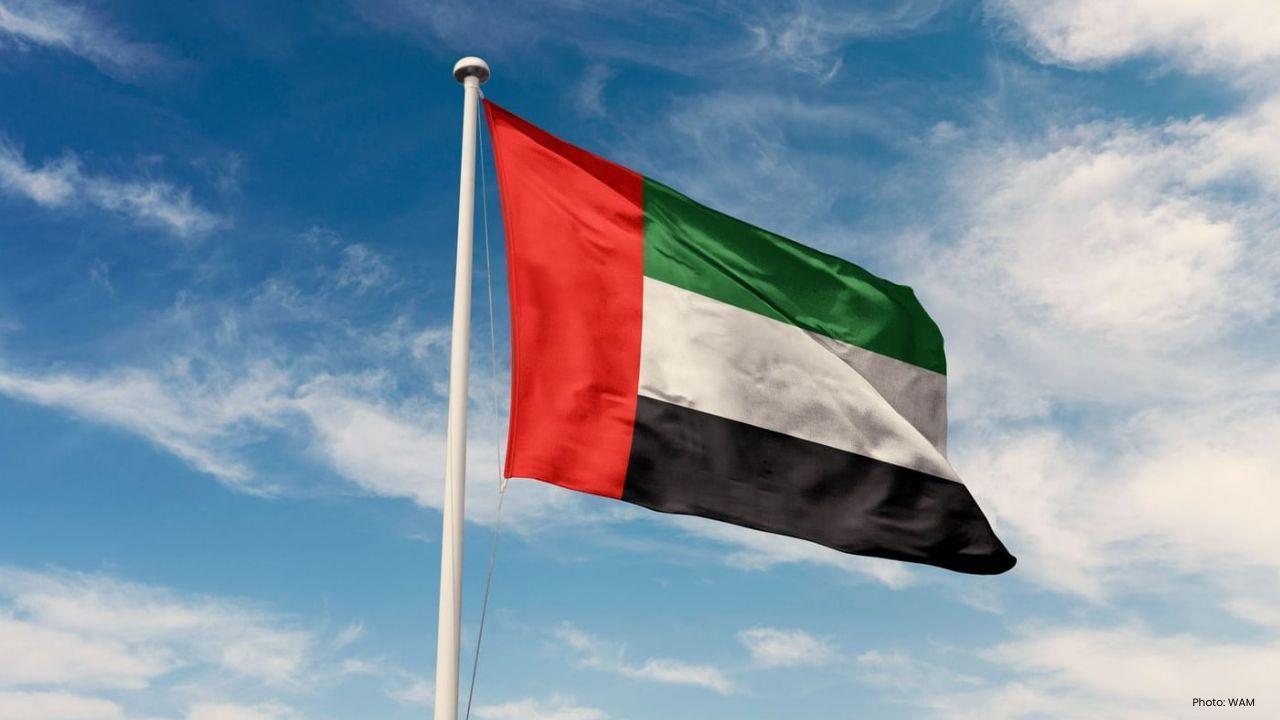
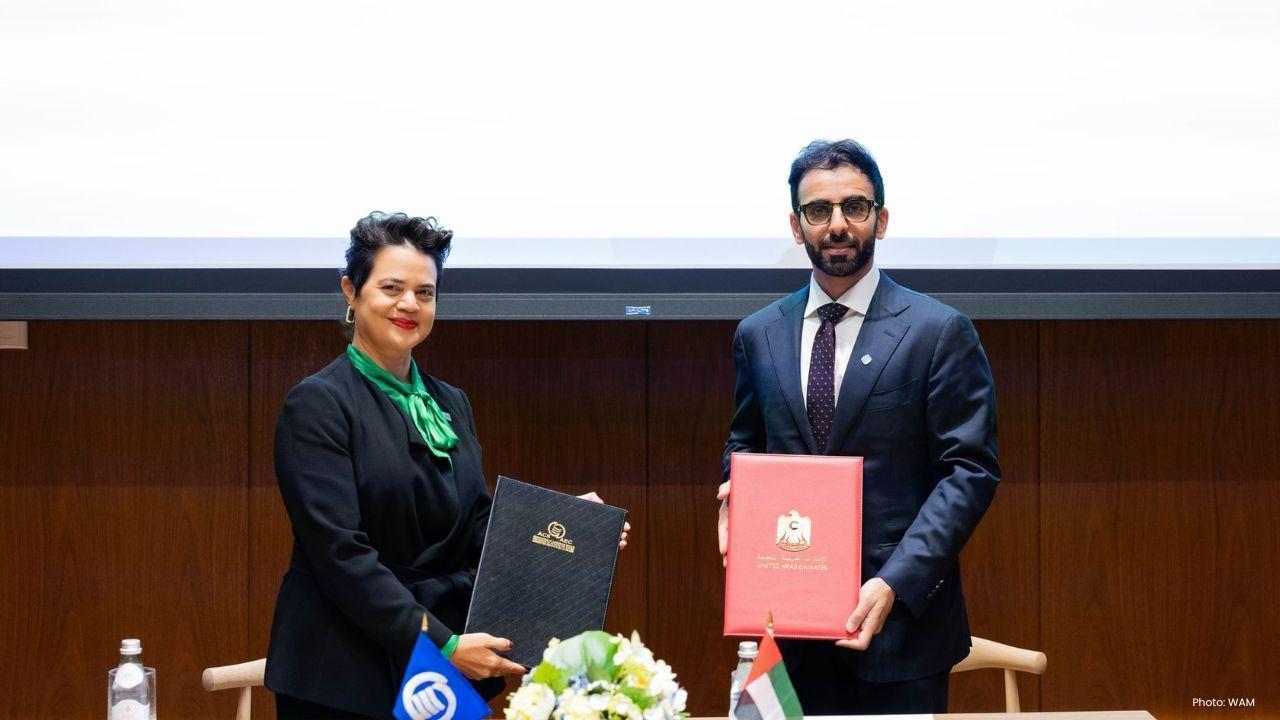


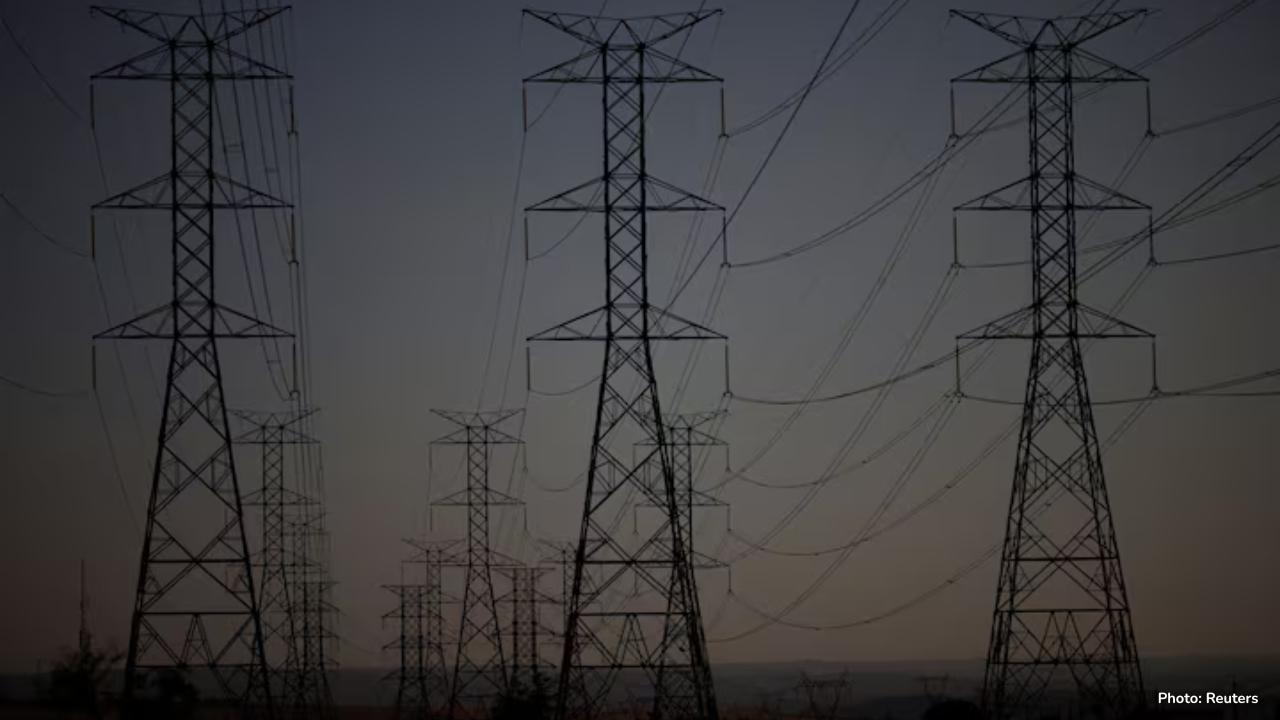
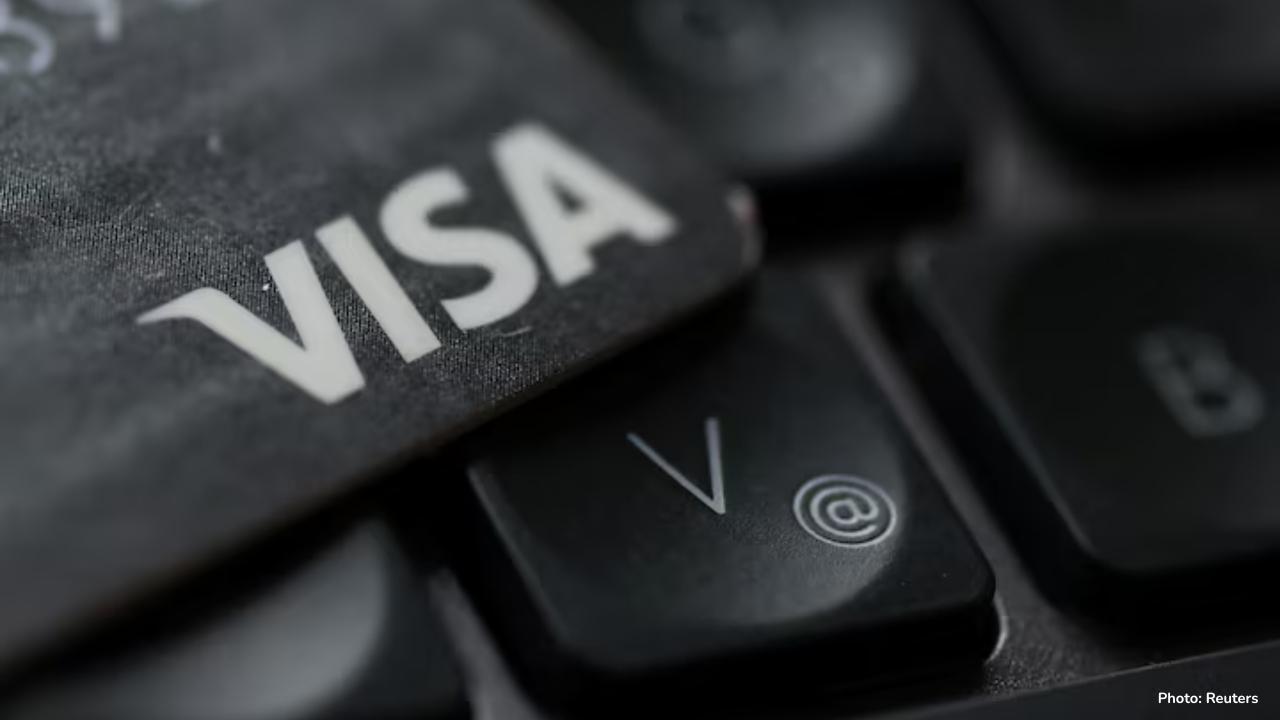
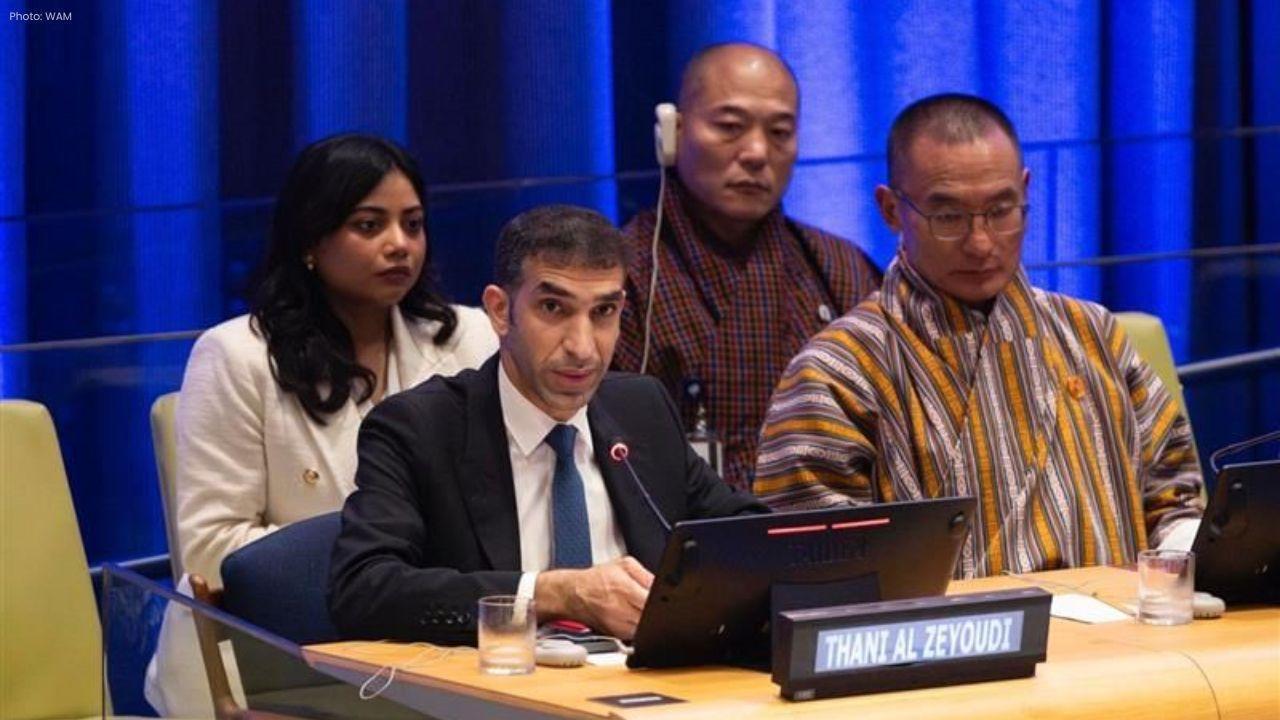

OpenAI's Revenue Soars to $4.3 Billion in First Half of 2025
OpenAI's revenue reaches $4.3 billion in the first half of 2025, marking a 16% increase from the pre

UAE Leaders Send Condolences to Saudi King Over Princess Abta's Death
UAE rulers and crown princes sent heartfelt messages to King Salman, mourning the passing of Princes

Brazil's Surplus Clean Energy Attracts Crypto Miners
Brazil's excess renewable energy is luring cryptocurrency miners. Companies like Tether and Renova E

Visa Tests Stablecoins to Make Global Payments Faster
Visa is testing stablecoins for international payments, aiming to speed up transactions and reduce t

Opera Unveils Neon AI Browser for Smarter Web Browsing
Opera introduces Neon, an AI-powered browser that automates tasks and enhances privacy, aiming to re

Albanese Visits Sheikh Zayed Grand Mosque in Abu Dhabi
Australian PM Albanese tours Sheikh Zayed Grand Mosque, highlighting peace, tolerance, and cultural